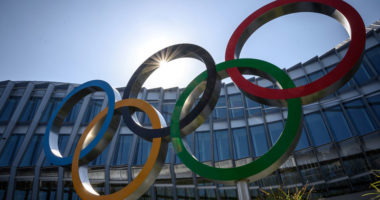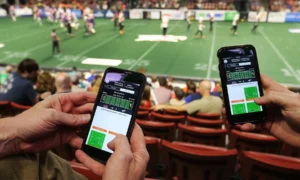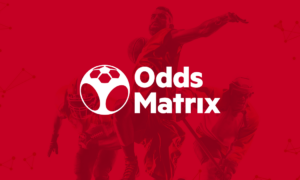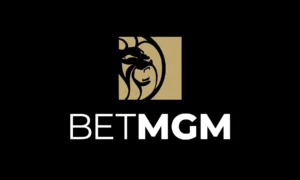The International Olympic Committee (IOC) executive board has produced their “2020+5” agenda. This agenda details their list of recommendations for the organization’s continued efforts to evolve alongside an ever-changing, increasingly digital global culture.
One of these efforts will be very impactful for anyone interested in virtual sports betting or esports betting. The International Olympic Committee has made the rather confusing recommendation:
“encourage the development of virtual sport and further engage with video gaming communities.”
Virtual sports at the Olympics
Now, if you are a regular bettor and know a decent amount of betting lingo, the difference between virtual sports and video games is quite apparent. Virtual sports betting is not esports, you bet on the outcome of simulated sports events. Esports betting is much like standard sports betting, you have many of the same options and bet out the outcome of a real, non-simulated event. For anyone planning to bet on esports at the Olympics, this could be a stumbling block.
This also highlights the old-fashioned thinking of the IOC. They have made it clear time and time again that their focus is not on the most popular esports, titles like DOTA 2, League of Legends, and CS:GO. Instead, they are interested in video games that “simulate” real-life sporting events. Games like Madden and FIFA, esports with relatively low viewerships compared to traditional esports, will be given the spotlight. More people bet on virtual football than they do on games like FIFA or Madden.
The difference between virtual sports and competitive gaming
They even made the distinction between virtual sports and competitive gaming. In my opinion, this is very short-sighted, when it comes to the skills needed for nearly all esports titles there isn’t that much of a difference. That isn’t to say that a professional FPS player could immediately turn around and dominate in a MOBA, but every game requires quick thinking, excellent motor skills, and twitch movement. Who cares if there are elves and dragons on the screen instead of lifelike recreations of famous football players?
Attempting to grow
By creating this divide, they are shooting themselves in the foot. They are sticking with established sports and refusing to grow as an organisation. Despite these major shortcomings, they have gone some way to bridge the gap between traditional sports and gaming communities. The IOC is planning to support regional partnerships between sporting and video gaming communities to encourage young people to engage in physical activity with the Olympic Movement. They also plan to make available Olympic athlete-related online programmes and digital tools to the competitive video gaming community to support their physical and mental wellbeing.
Why they should accept esports
Despite these small steps in the right direction, the IOC still has a long way to go before they start to achieve parity with the rest of the world. When it comes to expanding their preconceived notions about what is and isn’t “sports” they seem to lag behind everyone else. I’m sure that the first few attempts to bring esports into the Olympics would not be the best but it would go a long way to proving that they can move with the times.
I’m sure that betting operators would be happy too. If esports became an Olympic event, there would be far more reason to offer odds on them. They offer odds on Olympic events, and the Olympics is a big time for betting, could you imagine what that sort of worldwide recognition could do for the growing esports industry?








